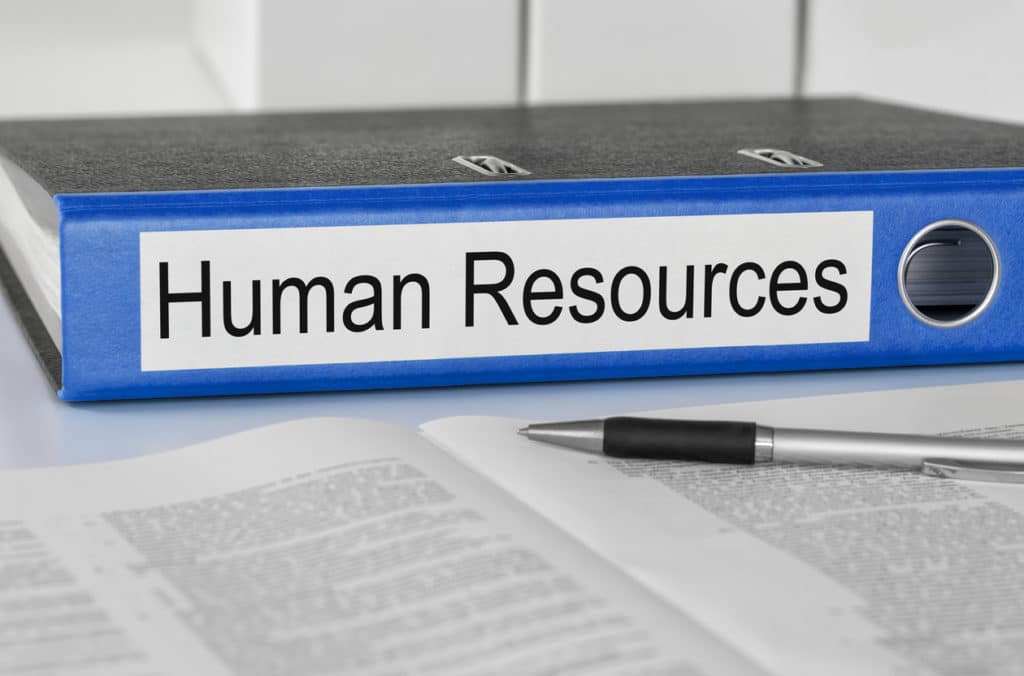
Human resources, employee benefits and payroll processing functions are separate yet intertwined, and HR compliance checklists are essential to staying on top of your responsibilities for each one. Below are examples of what might be included in these checklists.
HR compliance audit checklist
HR compliance audit checklists can provide a structured framework for HR departments to follow, helping them to stay organized, avoid errors, and improve efficiency. These compliance and auditing checklists can cover a range of HR activities and be tailored to the specific needs of an organization, as well as updated and refined as needed to reflect changes in HR policies and practices.
- HR department plan: Lays out the structure and operation of your human resources department.
- Recruiting and onboarding: Open positions, job descriptions, job postings, sourcing, interviewing, offer letters, hiring, employee handbook and new-hire training.
- Compensation: Salary or pay range for each position, expense reimbursements and incentive pay (e.g., bonuses, stock options, gifts and awards).
- Performance management: Employee performance evaluations, pay increases, pay adjustments, promotions, demotions, transfers and disciplinary actions.
- Employee development: Coaching, mentoring, individual development plans, ongoing training, cross training and succession planning.
- Health and safety: Ensuring that the workplace is free of health and safety hazards.
- Employee termination: The process for offboarding employees.
- HR internal controls and audit procedures.
While following an HR compliance checklist, take note of the federal, state and local laws that apply to each HR activity, including anti-discrimination regulations.
Employee benefits management checklist
Ensuring that employees receive the benefits they are entitled to can be complex, with numerous tasks that need to be completed in a timely and efficient manner. To simplify this process, many organizations have turned to employee benefits management checklists. This form of HR compliance checklist provides a comprehensive guide to managing employee benefits, ensuring compliance with all federal guidelines and regulations.
- Mandatory benefits: Workers’ compensation, unemployment insurance, FMLA leave, paid sick leave, and state disability insurance.
- Voluntary benefits: Paid and unpaid time off, health insurance, 401(k), health flexible spending account, health savings account, health reimbursement arrangement, dependent care assistance plan and commuter benefits.
- Eligibility and participation rules for each benefit program.
- Benefit enrollment for new hires, open enrollment for existing employees, and benefit continuation or termination for separated employees.
- Disclosures to plan participants: Summary plan descriptions, summaries of material modifications, annual funding notices, etc.
- Benefits compliance: Written plan document, Form 5500 reporting, 401(k) nondiscrimination testing, etc.
- Benefits internal controls and audit procedures.
Take note of the federal, state and local laws that apply to each benefit activity, such as the ACA, IRC, ERISA, COBRA and EEO regulations.
Payroll Processing Checklist
To ensure that employees are paid on-time and accurately, it is crucial to have a well-defined payroll processing checklist in place. A payroll checklist is a comprehensive list of tasks and processes that need to be completed at specific intervals, such as weekly, bi-weekly, or monthly. By following a payroll processing checklist, organizations can ensure that they meet all legal requirements, avoid errors, and streamline their payroll processes.
- Timekeeping system and procedures for employees.
- Preprocessing payroll duties: Salaries, hourly rates, direct deposit forms, Form W-4s, state tax withholding forms, adjustments to employees’ time, etc.
- Payroll processing for new hires, existing employees and terminated employees.
- Verification of gross-to-net calculations before issuing paychecks. Double-check salaries, hourly wages, overtime pay, commissions, bonuses, mandatory and voluntary deductions, expense reimbursements, etc.
- Payroll tax compliance: Withholding taxes from employees’ wages, depositing employee and employer payroll taxes, filing payroll tax reports and processing Form W-2s.
- Payroll recordkeeping for nonexempt and exempt employees.
- Payroll reconciliation and accounting to ensure accurate payroll transactions and general ledger entries.
- Payroll internal controls and audit procedures.
Take note of the federal, state and local laws that apply to each payroll activity, such as minimum wage, overtime, child labor, garnishment, pay stubs, final pay and tax regulations.
Keep in mind that these HR compliance checklists are only examples. The details of your HR, benefits and payroll processing checklists will depend on your unique business structure and requirements.
If you would like to discuss your HR needs, please click here to contact a BlueStone representative.
FAQs About HR Compliance Checklists
What is included in the HR Compliance Audit Checklist?
The HR Compliance Audit Checklist includes HR department plan, recruiting and onboarding, compensation, performance management, employee development, health and safety, employee termination, HR internal controls, and compliance with federal, state, and local laws. It covers all the essential activities and tasks that an organization needs to perform to manage their human resources effectively.
What is included in the Employee Benefits Management Checklist?
The Employee Benefits Management Checklist includes mandatory and voluntary benefits, eligibility and participation rules, benefit enrollment, benefit continuation or termination for separated employees, disclosures to plan participants, benefits compliance, benefits internal controls, and compliance with federal, state, and local laws. It covers all the essential activities and tasks that an organization needs to perform to manage their employee benefits programs effectively.
What is included in the Payroll Processing Checklist?
The Payroll Processing Checklist includes timekeeping system and procedures for employees, preprocessing payroll duties, payroll processing for new hires, existing employees, and terminated employees, verification of gross-to-net calculations, payroll tax compliance, payroll recordkeeping, payroll reconciliation and accounting, payroll internal controls, and compliance with federal, state, and local laws. It covers all the essential activities and tasks that an organization needs to perform to manage their payroll system effectively.
Why is it important to follow the federal, state, and local laws for HR, employee benefits, and payroll management?
It is essential to comply with all federal, state, and local laws for HR, employee benefits, and payroll management to avoid legal penalties, lawsuits, and negative publicity. Noncompliance with these laws can lead to hefty fines, legal action, and damage to the organization’s reputation. Additionally, following these laws ensures that employees receive fair treatment and benefits, which helps to improve employee morale and retention.
What are some examples of federal, state, and local laws that apply to HR, employee benefits, and payroll management?
Some examples of federal, state, and local laws that apply to HR, employee benefits, and payroll management include anti-discrimination regulations, workers’ compensation, unemployment insurance, FMLA leave, paid sick leave, state disability insurance, ACA, IRC, ERISA, COBRA, minimum wage, overtime, child labor, garnishment, pay stubs, final pay, and tax regulations.
How Can BlueStone Services Help?
Whether your business has evolved to the point of needing expert part-time outsourced HR support or you need to get a project off your plate, our experienced and certified team can provide outsourced services customized to the HR needs and priorities of your organization.
Let us provide efficient, effective, and compliant human resource support so you can free up your team’s time so they can do what they do best. Contact us to get started today.




